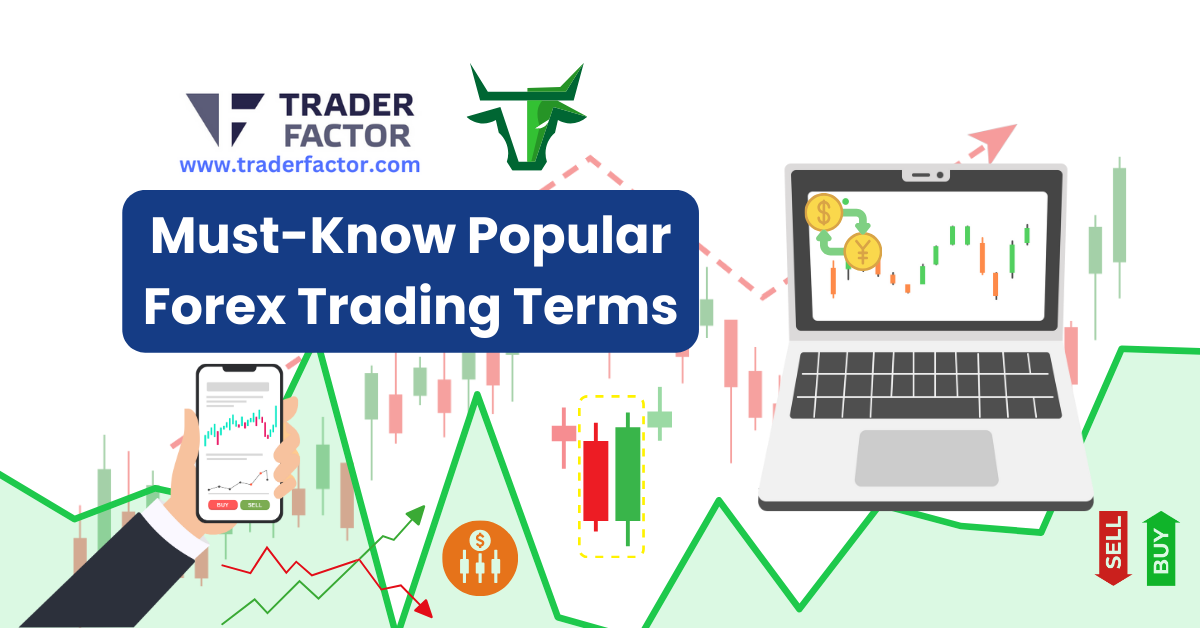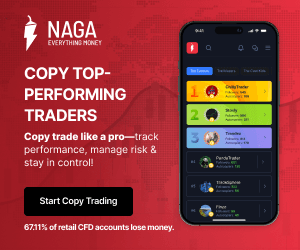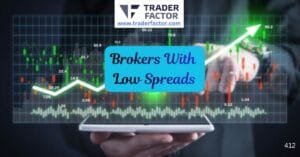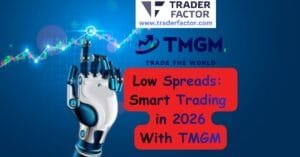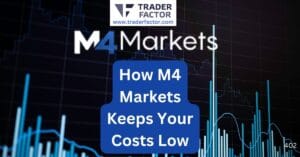Forex, also known as foreign exchange, is the trading of different currencies between two parties. It is a global market that operates 24 hours a day, with most of the trading occurring in London, New York, Tokyo and Hong Kong. Forex Trading Terms.
The primary currency traded in forex is the US dollar (USD), which serves as the base currency for most transactions. Its a popular method of investing in international markets for experienced and novice traders.
But, to get started in forex trading on the right footing, one must first understand the foundational concepts and terms used.
Table of Contents
ToggleBasic Forex Terms and Definitions
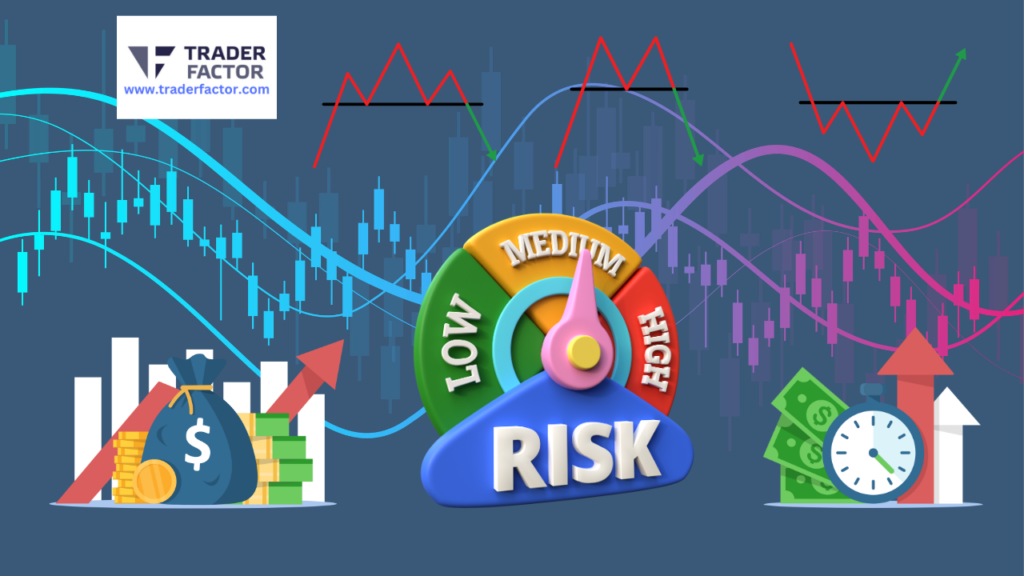
When trading forex, traders must understand some basic terms and definitions to ensure successful trading.
Here are some key terms commonly used in forex markets:
Currency Pair
A currency pair is an exchange rate of two different currencies. In simpler terms, the two currencies that are being traded against each other. In the forex market, traders buy and sell currency pairs to profit from fluctuations in the exchange rate.

Base Currency
The base currency is considered to be the primary currency in a given transaction, and is typically the domestic currency. It is the first currency in the pair, and it is used to purchase the quote currency.
Quote Currency
Quote currency in a pair is the second currency in that format. It is used to evaluate how much of the base currency should be exchanged for a unit of an alternate currency. For instance, when trading USD/GBP, the GBP is referred to as the quote currency, also known as the denominator (or bottom number).
Exotic Currency Pair
Exotic currency pairs are more obscure pairs typically comprised of one major world currency and a smaller, developing economy’s currency. Such trades occur when a large demand exists for transactions denominated in the emerging market’s currency. They can be volatile due to low liquidity but may present an opportunity for high returns if managed correctly.
Pip
A pip is the smallest fractional price move of a currency pair. A pip typically represents 1/100th of 1% change. For example, if USD/JPY moves from 109.30 to 109.31 this would be considered one pip movement or 1% change.

Pipette
A pipette is a unit of measure in Forex that refers to the smallest change in price (0.0001). Their use has allowed experienced traders and novices alike to take advantage of even the slightest movement in the currency rate, enabling them to reap the benefits relative changes bring.
Leverage
Leverage is borrowed funds provided by a broker to amplify your returns on an investment or trade; it works as a multiplier effect when used correctly. Leverage should always be used with caution as it increases risk as well as reward potential when trading in forex markets.
Spread
Spreads refer to the difference between the buy and sell prices of a particular currency pair at any given moment in time; spreads are measured in pips and are usually very low compared to other markets, such as stocks or futures.
Margin
Margin is the amount of money you must deposit in order to create a new position and keep one open. Depending on your broker and the type of account you have opened with them, different accounts have different margin requirements.

Long Position
A long position refers to buying a certain amount of a particular financial instrument at one time with the expectation that its price will go up over time. This type of trade positions traders to benefit from rising prices while enduring declines if they happen during their positions’ duration.
Short Position
A short position refers to selling a certain amount of a particular financial instrument at one time with the expectation that its price will decrease over time; this type of trade positions traders to benefit from declining prices while enduring gains if they happen during their positions’ duration.
Stop Loss Order
Stop loss orders allow traders to automatically close out trades at predetermined levels so that losses can be limited; this type of order can help manage risk and protect potential losses when trading forex markets because market conditions can quickly change direction without warning or indication ahead of time, thus leading to potentially large losses if not managed properly through stop loss orders or other risk management strategies.
Rollover
Rollover involves shifting a currency position from one trading day to the next
Swap
Swap is an agreement between two parties to exchange one currency for another at an agreed upon rate.

Lot
A lot is the standard unit measure of a transaction size in the Forex market. A standard lot in currency exchange is equal to 100,000 currency units.
Cross-Rate
Cross rate refers to the exchange rate between two currencies other than those traded on the US dollar.
Technical Analysis
Technical Analysis involves studying historical data and market trends to identify meaningful patterns and make predictions about the future movement of a currency pair.
Fundamental Analysis
Fundamental Analysis can be used to assess the strength of a nation’s economy. It focuses on both quantitative and qualitative information such as economic data and geopolitical events, as well as its potential effect on currency value.

Forex Market
The Forex market or foreign exchange market is a global, decentralized market and is the largest financial market in the world where the world’s currencies change hands.
Spot Market
The Spot Market is where people buy and sell currencies at their current exchange rates. This means that any profits or losses are realized immediately. However, this type of trading comes with higher risks.
Forward Market
Forward Market allows traders to agree on a specific date and rate at which they will buy or sell a currency. Traders will lock in today’s rate for future gain or loss. This type of trading allows for more control, but also offers lower return potentials than the Spot Market.
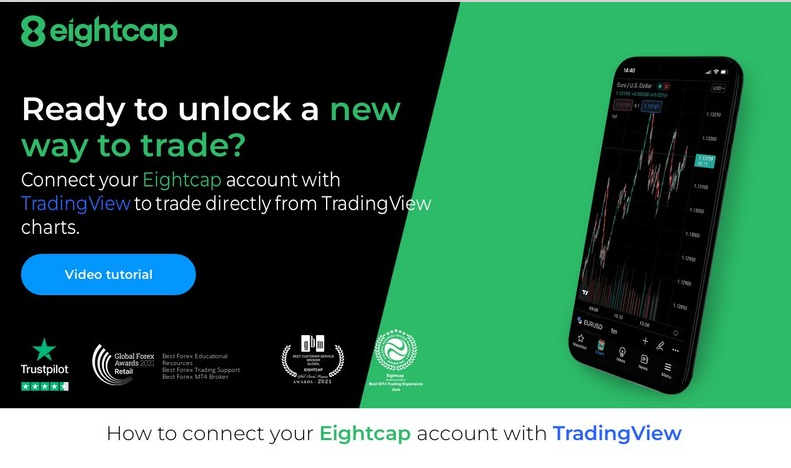
Currency Futures Market
Currency futures, like currency options in the forex market offers traders an excellent way to diversify their portfolios. Currency futures provide traders with the ability to enter into contracts based on a predetermined exchange rate for a specific date.
Currency Options Market
Currency options typically allow traders to speculate on future exchange rates without taking delivery or being exposed to settlement risk. By combining futures and options in the forex market, investors have great flexibility and control over their portfolios.
Summary: Forex Trading Terms
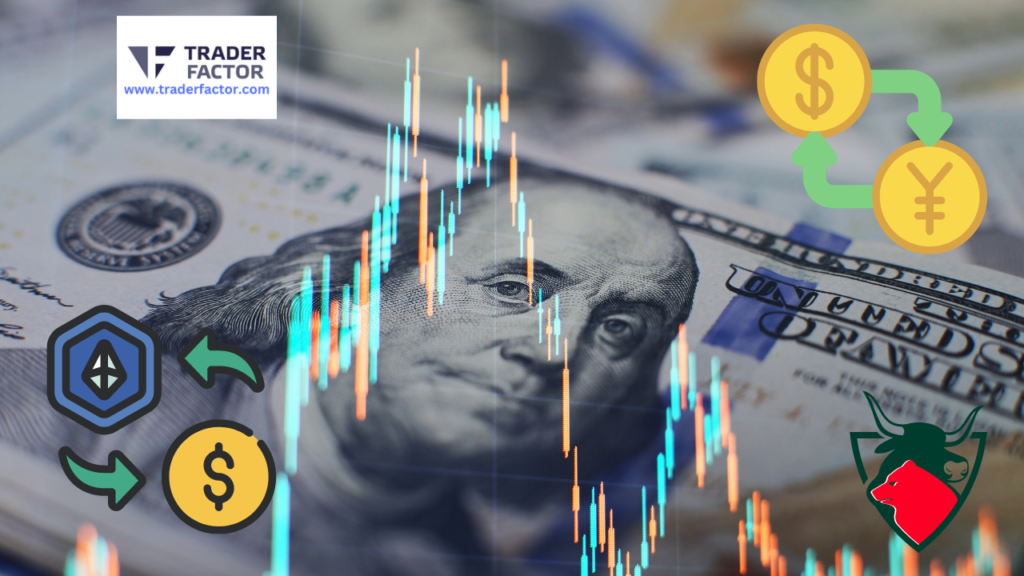
Trading Forex is all about understanding the different types of terminology and methodology used by traders. Basic Forex terms are essential to understand before you start trading. These concepts include pips, spreads, and leverage.
By understanding these terms, you will be better equipped to make informed decisions when trading.
CTA
Forex reading isn’t difficult as long as you understand what its all about, staring with these forex lingo. So, what are you waiting for? Get started today by reading our the following in the Forex Education Section
- Beginners Guides and Tips For Forex Trading
- Read A Beginners Guide To Forex Trading
- Mistakes Most Beginner Forex Traders Make and How To Avoid Them
- A 2023 Beginners Guide To Buying And Selling Currencies
- Can You Make Money Trading Forex In 2022 and 2023: Here Are The Facts
Disclaimer:
All information has been prepared by TraderFactor or partners. The information does not contain a record of TraderFactor or partner’s prices or an offer of or solicitation for a transaction in any financial instrument. No representation or warranty is given as to the accuracy or completeness of this information. Any material provided does not have regard to the specific investment objective and financial situation of any person who may read it. Past performance is not a reliable indicator of future performance.

